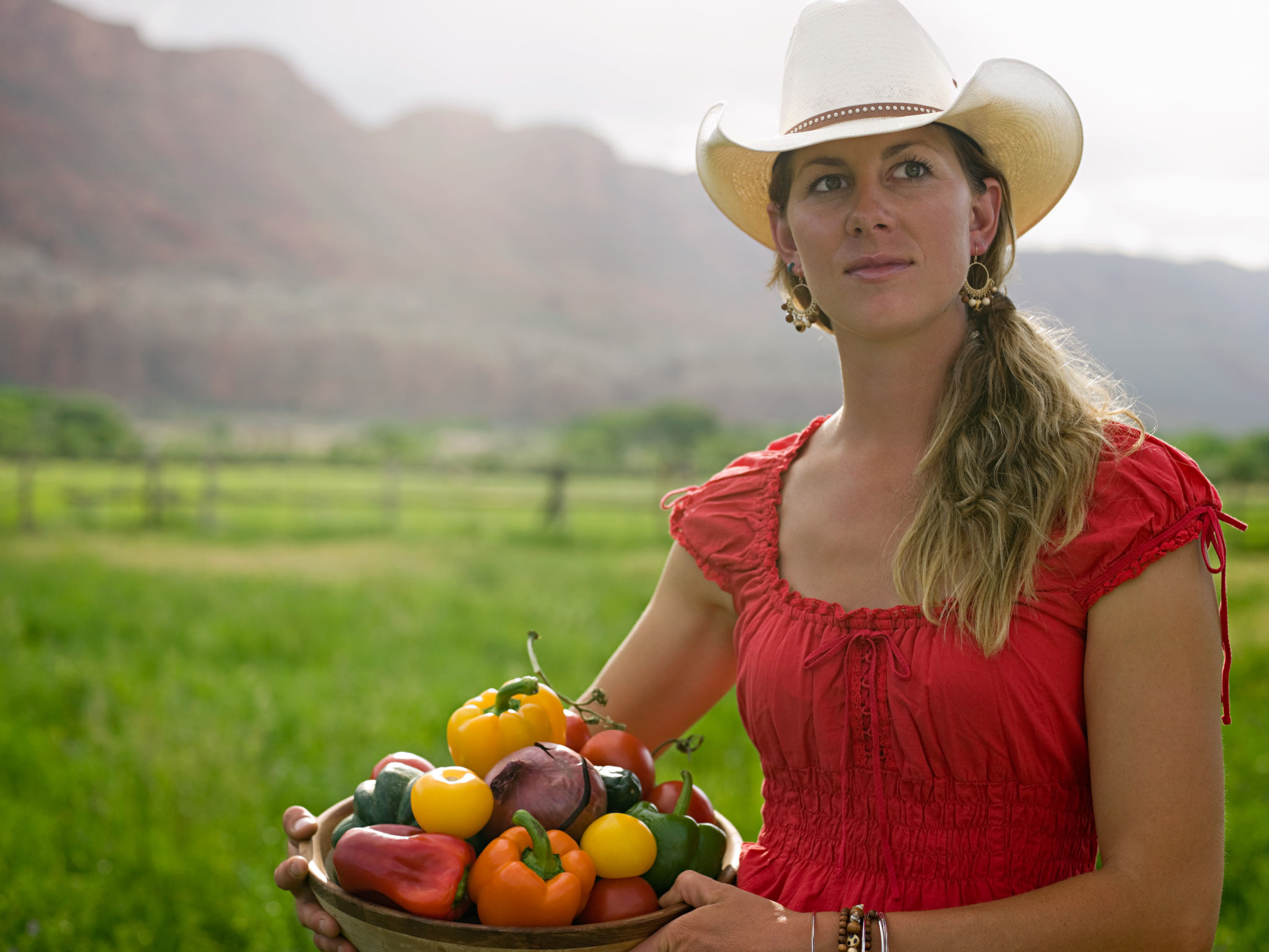Top 5 Myths About Organic Produce Debunked
Understanding Organic Produce
In recent years, organic produce has become increasingly popular among health-conscious consumers. However, with its rise in popularity, several myths have also emerged. These myths often cloud judgment, leading people to make decisions based on misinformation. Here, we debunk the top five myths surrounding organic produce to help you make informed choices.

Myth 1: Organic Produce Is Always Pesticide-Free
One of the most common misconceptions is that organic produce is completely free of pesticides. While organic farming does prioritize natural methods, it may still use approved organic pesticides. These substances are derived from natural sources and are generally considered less harmful than conventional pesticides. It's important to understand that "organic" does not necessarily mean "pesticide-free."
Natural Does Not Mean Harmless
Even though organic pesticides are derived from natural sources, they are not inherently harmless. The key difference is that they are typically used in lower concentrations and must meet strict regulatory standards. Consumers should be aware that organic farming focuses more on sustainable practices rather than completely eliminating pesticide use.
Myth 2: Organic Produce Is Always Healthier
Another widespread belief is that organic produce is always more nutritious than conventional produce. Several studies have shown that while organic produce may contain higher levels of certain nutrients, the differences are not significant enough to make a blanket statement about overall nutritional superiority.

A Matter of Personal Preference
The decision to choose organic over conventional produce often comes down to personal preference rather than a clear-cut nutritional advantage. Some people prefer organic for environmental reasons or because they are sensitive to certain chemicals used in conventional farming. It's essential to weigh these factors according to your own values and priorities.
Myth 3: Organic Farming Is More Environmentally Friendly
Organic farming is often touted as the more environmentally friendly option. While it does offer benefits like improved soil health and reduced chemical runoff, it's not without its drawbacks. Organic farming typically requires more land to produce the same yield as conventional farming, which can lead to deforestation and habitat loss if not managed sustainably.
Sustainability Is Key
The environmental impact of farming methods—whether organic or conventional—depends largely on how they are implemented. Sustainable practices in both types of farming can result in reduced environmental footprints, emphasizing the need for responsible management over simply choosing one method over the other.
Myth 4: Organic Produce Has a Longer Shelf Life
Contrary to popular belief, organic produce generally does not have a longer shelf life than its conventional counterparts. In fact, it may spoil more quickly due to the absence of preservatives used in conventional methods. This means that while organic produce might be fresher when purchased, it requires more immediate consumption or preservation.

Proper Storage Techniques
The key to extending the shelf life of organic produce lies in proper storage techniques. Keeping fruits and vegetables in a cool, dry place and using them promptly can help minimize waste and maintain freshness.
Myth 5: Organic Produce Is Always Expensive
Many people believe that organic produce is always more expensive than conventional options. While it's true that organic products often come with a higher price tag due to more labor-intensive farming practices, this is not always the case. Prices can vary widely depending on where you shop and the time of year.
Look for Deals and Local Options
Shopping at local farmers' markets or participating in community-supported agriculture programs can often yield more affordable options for organic produce. Additionally, keeping an eye out for sales and seasonal produce can help make organic choices more budget-friendly.